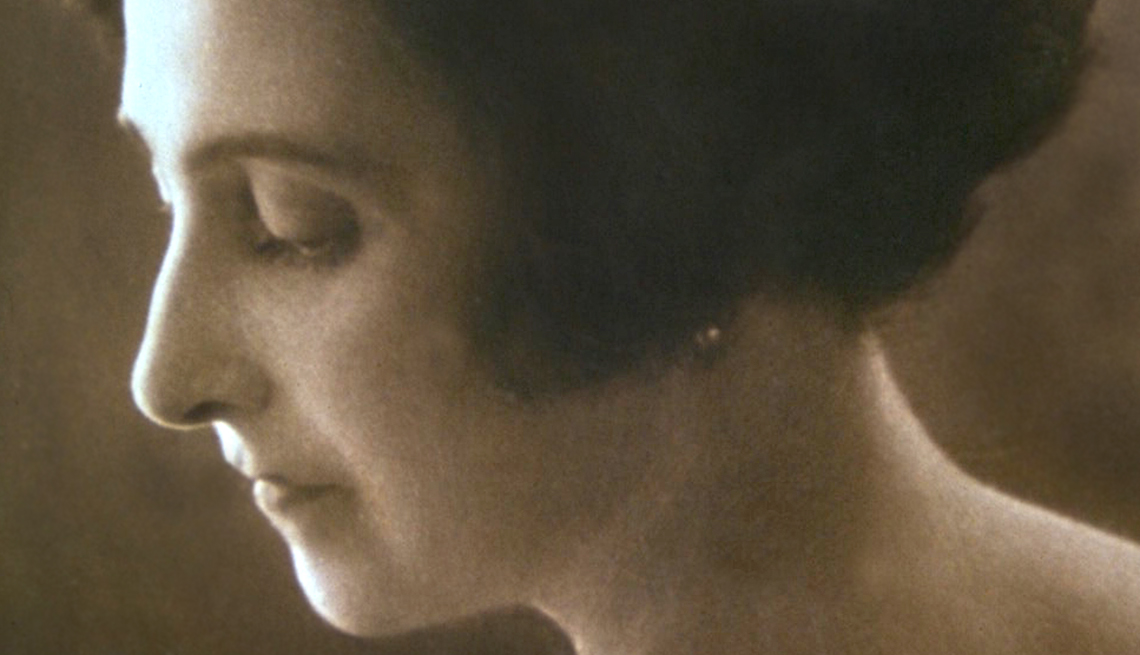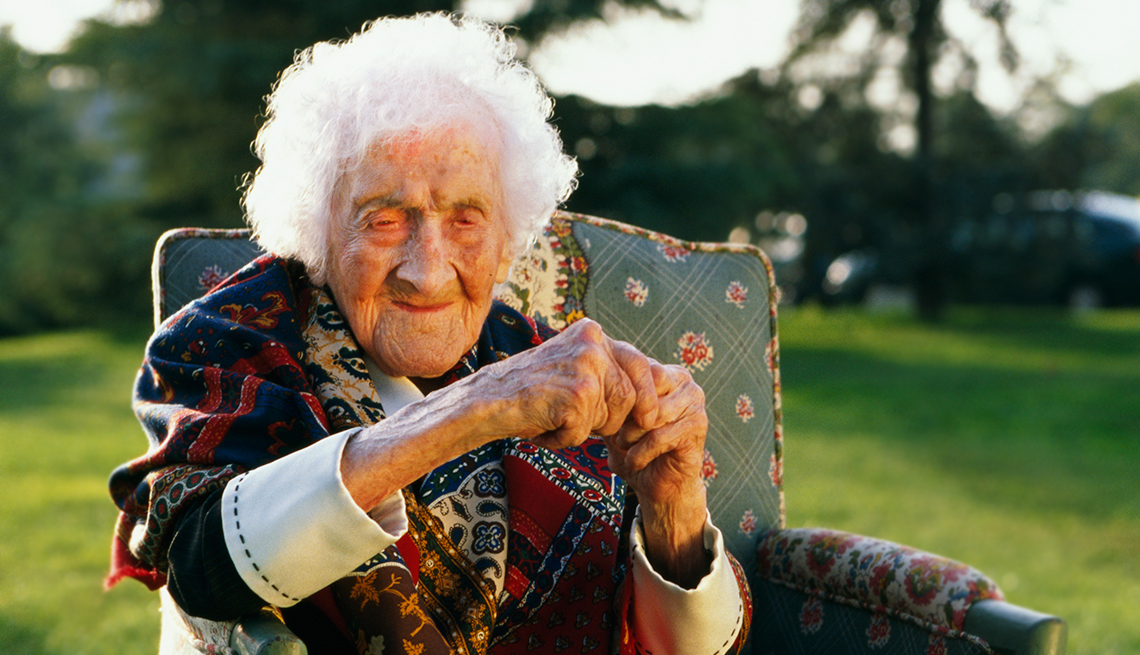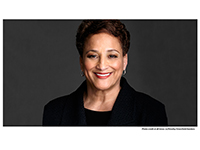Live to 100. Plan on It
Disrupt Aging is not just about reimagining old age
En español | Jeanne Calment was a typical woman of her time. Born in Arles, France, in 1875, she lived a rather unremarkable life by most accounts — except for one thing. When she died in 1997 at the age of 122, she was on record as the oldest person to have ever lived. "I just kept getting older and couldn't help it," she once said.
So what does the extraordinary life of this ordinary woman have to do with us today? More than you might think. In her day, living to 100 was extremely rare. But today in the United States, people 100 and over represent the second-fastest-growing age group in the country. The fastest? People over 85. Many 65-year-olds today will live well into their 90s.
Think of it another way: A 10-year-old child today — maybe your grandchild — has a 50 percent chance of living to age 104. Some demographers have even speculated that the first person ever to live to be 150 is alive today.
I'm not suggesting that we should expect to live to 122, but as individuals and as a society, we need to prepare for a time when it is common to live to 100. We have to create a new mind-set around aging and solutions for helping us to live better as we live longer — what I call Disrupt Aging. There are three areas where this is really important: health, wealth and self.
Health
As we think about living to 100, we simply cannot continue doing the same things we've been doing with regard to health. Our health has more to do with the choices we make each day in how we live our lives than it has to do with an occasional visit to the doctor's office. We're beginning to embrace a new vision and a new culture of health that focus more on preventing disease and emphasize well-being throughout our lives.
Wealth
One of the things people fear most about living longer is that they will outlive their money. Unfortunately, for many this fear is a very real one, especially for many younger people who tend to view saving for retirement as an exercise in futility. What if instead of saving for retirement, we think of saving to do the things we've always wanted to do? In other words, saving not for the absence of financial hardship but for the means to thrive and be able to afford to live the life you want to live — saving for life.
Self
Finally, we need to challenge outdated attitudes and stereotypes about aging. Research shows that our self-perceptions of aging influence not only how we age, but also our health status as we get older. More positive self-perceptions of aging are associated with living longer with less disability.
We need to get rid of the outdated stereotypes about aging and spark new solutions, so more of us can choose how we want to live as we age. For young people, living to 100 is not a pipe dream, it's a real possibility. And it's up to us to help them realize and prepare for it, because Jeanne Calment's strategy of just getting older because she "couldn't help it" isn't going to cut it.
Jo Ann Jenkins is CEO of AARP.



